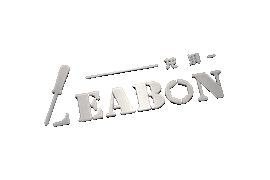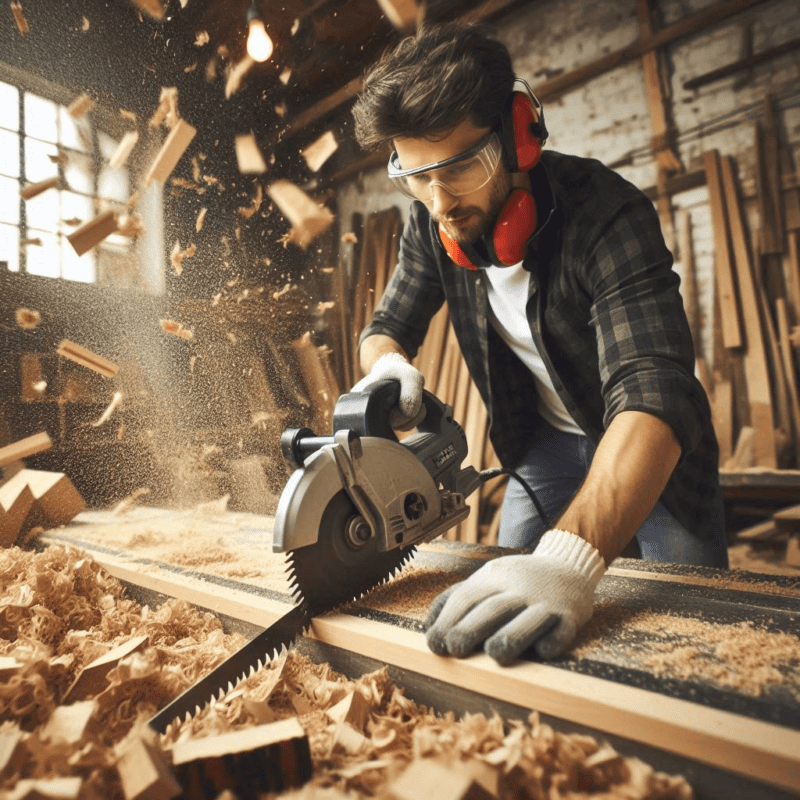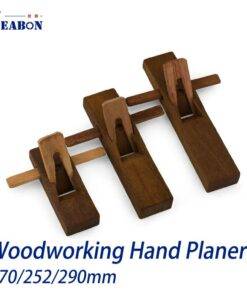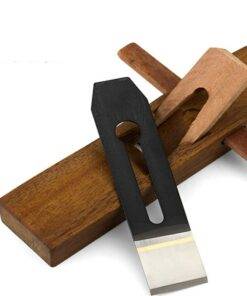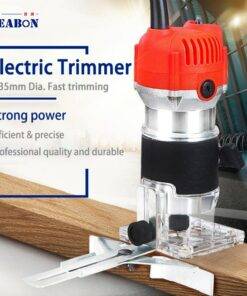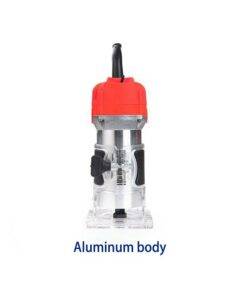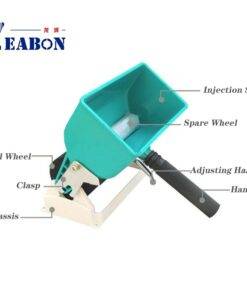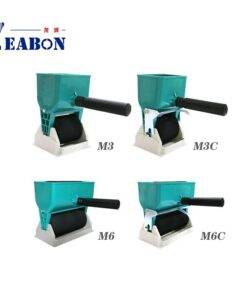Woodworking Accessories Tips, Woodworking Industry News
Essential Woodworking Tools for Creating Mortise and Tenon Joints in Solid Wood Furniture
As handcrafted solid wood furniture makes a comeback, mortise and tenon joinery has once again become the hallmark of craftsmanship sought after by woodworking enthusiasts and professionals alike. This ancient technique not only showcases the beauty of traditional craftsmanship but also emphasizes the durability and stability of furniture. To achieve this intricate and refined joinery, selecting the right woodworking tools is crucial.
Essential Woodworking Tools
SAWS
Saws are among the most fundamental tools in woodworking, used for cutting wood. Creating precise mortise and tenon joints requires various types of saws, such as hand saws, back saws, and fine-tooth saws. These tools enable woodworkers to make detailed cuts in the wood, ensuring a snug fit for the joints. For more information, visit the [Wikipedia page on saws](https://en.wikipedia.org/wiki/Saw).

Chisels
Chisels are core tools for creating mortises. High-quality chisels can carve out the exact shape and depth of the mortise, allowing the tenon to fit perfectly. Different sizes and shapes of chisels cater to the diverse needs of complex mortise and tenon joinery. Learn more on the [Wikipedia page on chisels](https://en.wikipedia.org/wiki/Chisel).

PLANES
Planes are used to smooth and adjust the wood surface, ensuring tight connections between parts. There are many types of planes, including bench planes, block planes, and jointer planes, each with specific applications. For a detailed overview, see the [Wikipedia page on planes](https://en.wikipedia.org/wiki/Plane_(tool)).
Mallets
Mallets are typically used to strike chisels or gently tap the wood. Unlike metal hammers, mallets better protect the wood surface from damage. Choosing the right weight and size of a mallet can enhance efficiency and precision. More information can be found on the [Wikipedia page on mallets](https://en.wikipedia.org/wiki/Mallet).

Sandpaper and Sanding Blocks
Sandpaper and sanding blocks are essential for smoothing the wood surface. Various grits of sandpaper can gradually refine the sanding process, resulting in a polished and smooth finish.
Carving Knives
Carving knives are used for detailed carving and refining mortise and tenon joints. Especially when making intricate joinery, carving knives help woodworkers achieve precision in detailing, ensuring perfect fitting at every connection point.
Rulers and Squares
Rulers and squares are basic tools for measuring and marking in woodworking. They ensure that wood cuts and joints are precise in size and angle, which is essential for the stability of mortise and tenon joints.
Pencils or Marking Tools
Pencils or marking tools are used to mark the wood for cutting and chiseling. These marks are indispensable references during the woodworking process, helping woodworkers maintain consistency and accuracy. For an overview, see the [Wikipedia page on marking tools](https://en.wikipedia.org/wiki/Marking_tool).

Clamps and Pliers
Clamps and pliers are used to hold wood in place, ensuring stability during cutting, chiseling, and assembly. Reliable fixation enhances the safety and accuracy of the operations. For more information, visit the [Wikipedia page on clamps](https://en.wikipedia.org/wiki/Clamp_(tool)).

Conclusion
Creating mortise and tenon joints in solid wood furniture requires not only solid woodworking skills but also high-quality tools. The choice of these tools directly affects the quality and aesthetics of the furniture. By selecting the right woodworking tools, enthusiasts and professional carpenters can better realize their creative visions, producing furniture pieces that combine traditional beauty with modern functionality. Whether you are a beginner or an experienced carpenter, understanding and mastering these tools is key to achieving exquisite mortise and tenon joinery.
